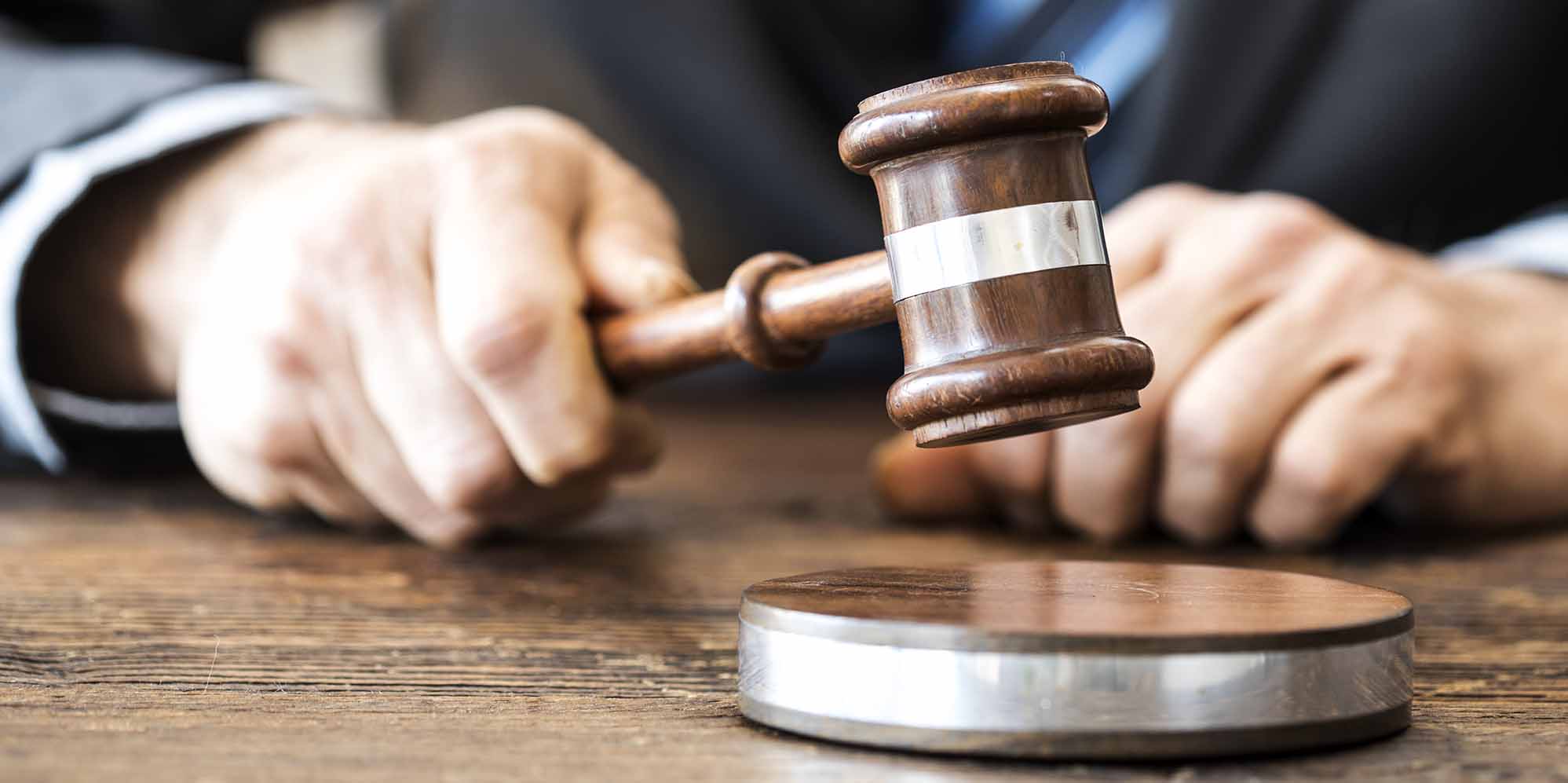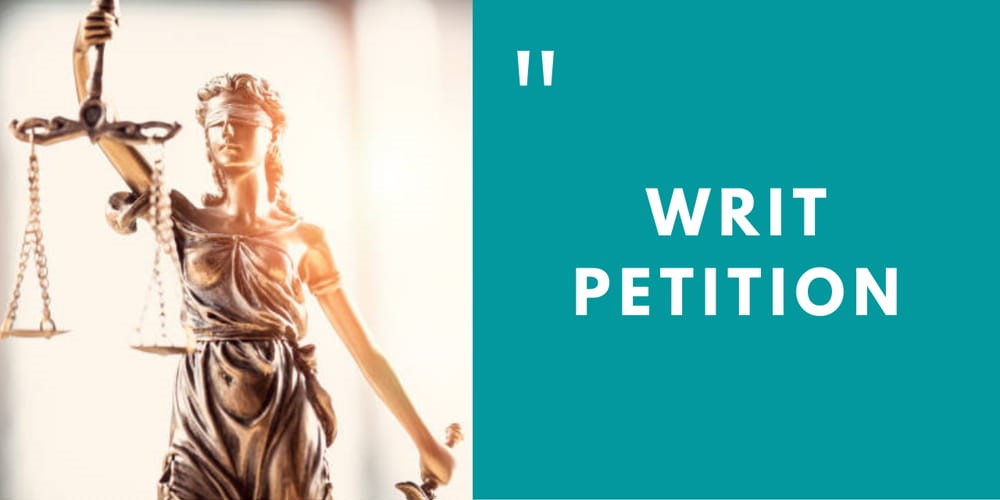
Criminal Law Notes
Criminal law encompasses a wide range of legal principles and regulations that govern behaviors considered harmful to society. Here's a brief overview of some common topics within criminal law:
1. Elements of a Crime:
- Actus Reus: The physical act or conduct that constitutes a criminal offense.
- Mens Rea: The mental state or intent behind the criminal act, such as intent to harm or recklessness.
- Causation: The connection between the defendant's actions and the resulting harm or offense.
2. Types of Crimes:
- Felony: Serious offenses punishable by imprisonment for more than one year (e.g., murder, robbery).
- Misdemeanor: Less serious offenses punishable by fines or imprisonment for up to one year (e.g., petty theft, simple assault).
- Infraction: Minor offenses often punished by fines (e.g., traffic violations).
3. Criminal Procedure:
- Investigation: Gathering evidence, questioning suspects, and collecting witness statements.
- Arrest: Taking a suspect into custody based on probable cause.
- Charging: Formal accusation of a crime by a prosecutor.
- Arraignment: Court appearance where the defendant pleads guilty or not guilty.
- Trial: Adjudication process where evidence is presented, and guilt is determined.
- Sentencing: Imposition of punishment or penalties for convicted offenders.
4. Defenses in Criminal Law:
- Self-defense: The use of force to protect oneself from imminent harm.
- Insanity: Mental incapacity at the time of the crime, affecting culpability.
- Duress: Coercion or threat of imminent harm compelling criminal behavior.
- Necessity: Committing a crime to prevent greater harm or danger.
5. Specialized Areas of Criminal Law:
- White-collar crimes: Non-violent financial crimes typically committed by individuals in business or government positions (e.g., fraud, embezzlement).
- Drug offenses: Crimes related to the possession, distribution, or trafficking of illegal substances.
- Cybercrimes: Offenses involving computer networks or digital devices (e.g., hacking, identity theft).
- Juvenile delinquency: Criminal behavior committed by minors under the age of 18.
6. Punishment and Rehabilitation:
- Incarceration: Imprisonment in correctional facilities.
- Probation: Supervised release into the community with conditions.
- Fines: Monetary penalties imposed on convicted individuals.
- Restitution: Compensation to victims for financial losses or damages.
- Rehabilitation: Programs aimed at addressing underlying issues and preventing recidivism.
News & Blogs





